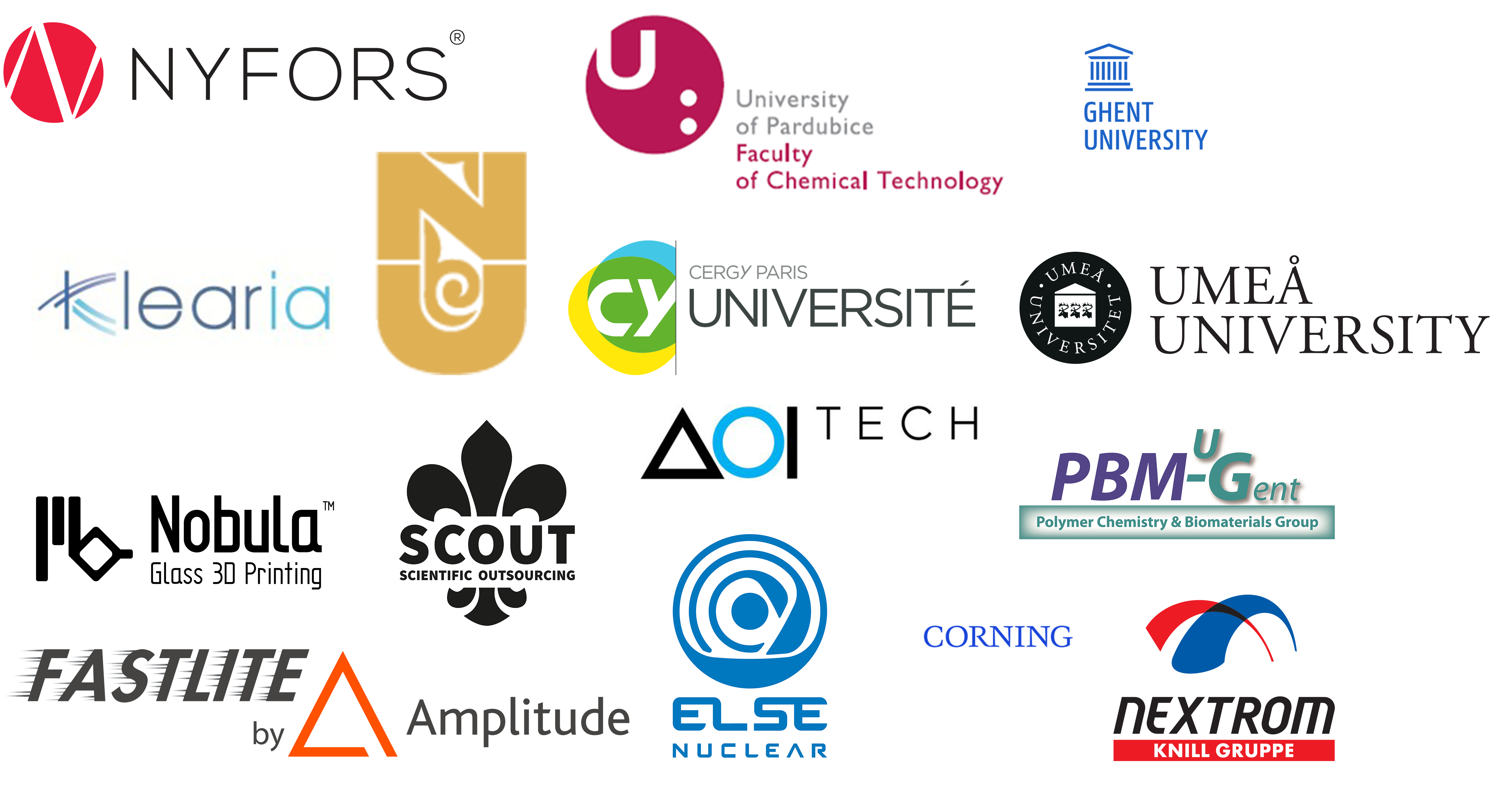2025 - March
Bridging Academia and Industry for Next-Generation Glass Technologies
Over the past four decades, glass, glass-ceramics and composites have contributed to the most advanced socio-economic breakthroughs as high-tech materials. To compete with emerging economies such as China and India, the European glass sector must strive for product leadership by investing more in research and innovation to develop new materials and train specialists for a competitive but promising market.
Contributing to this challenge is the main objective of the ‘Structured functional glasses for lasing, sensing and health applications’ (FunctiGlass) project, dedicated to advanced high-tech materials for three sectors: light sources, sensors and biological applications.
FunctiGlass, coordinated by CNRS, is a unique interdisciplinary research and training programme with a double degree as part of Horizon Europe’s Doctoral Networks (Marie-Skłodowska Curie Actions, project 101169415). It will train 11 doctoral candidates who will take part in a joint research training programme based on very close cooperation between academia and industry. It will ensure that the trainees are exposed to 11 academic environments (universities and research institutes) and 9 non-academic environments (industry and SMEs) representing 9 different countries. Each PhD candidate will be supervised by two academic tutors from different countries (spending her/his time between both units) and one mentor (industrial partner) to ensure cross-sector knowledge sharing and the acquisition of transferable skills with a focus on entrepreneurship and innovation. Through the multi-dimensional training of the FunctiGlass programme, the 11 PhD candidates will excel in the future economy by acquiring a multi-dimensional perspective and mindset to become future leaders in glass science and in particular glass-based nano/micro-structured materials. Through this programme, they will find their own path of innovation in academia or industry.
The project will create the conditions necessary for the establishment of long-term relationships between the academic and private sectors for the transfer of technologies and skills.
5 institutions will award the double degrees: Université Côte d’Azur (Nice, France), Tampere Universities (Finland), Gottfried Wilhelm Leibniz University Hannover (Germany), University Milano-Bicocca (Italy) and the Institute of Low Temperature and Structure Research, Polish Academy of Sciences (Wroclaw, Poland).
Industrial partners: AOI Tech (France), Corning (France), Fastlite (France), Klearia (France), Else Nuclear (Italy), Nobula3D (Sweden), Nyfors Teknologi (Sweden), Rosendahl Nextrom (Finland), Scout Scientific Outsourcing (Poland).
Other universities involved in the project as partners (not awarding doctoral degrees): University of Cergy-Pontoise (France), University of Gent (Belgium), University of Pardubice (Czech Republic), University of Nazarbayev (Kazakhstan), Umeå University (Sweden).
Beneficiaries
The beneficiaries of the Functiglass project are at the heart of our mission, and their engagement has been indispensable to its success.
Partners
The Functiglass project would not have been possible without the support of our partners.








